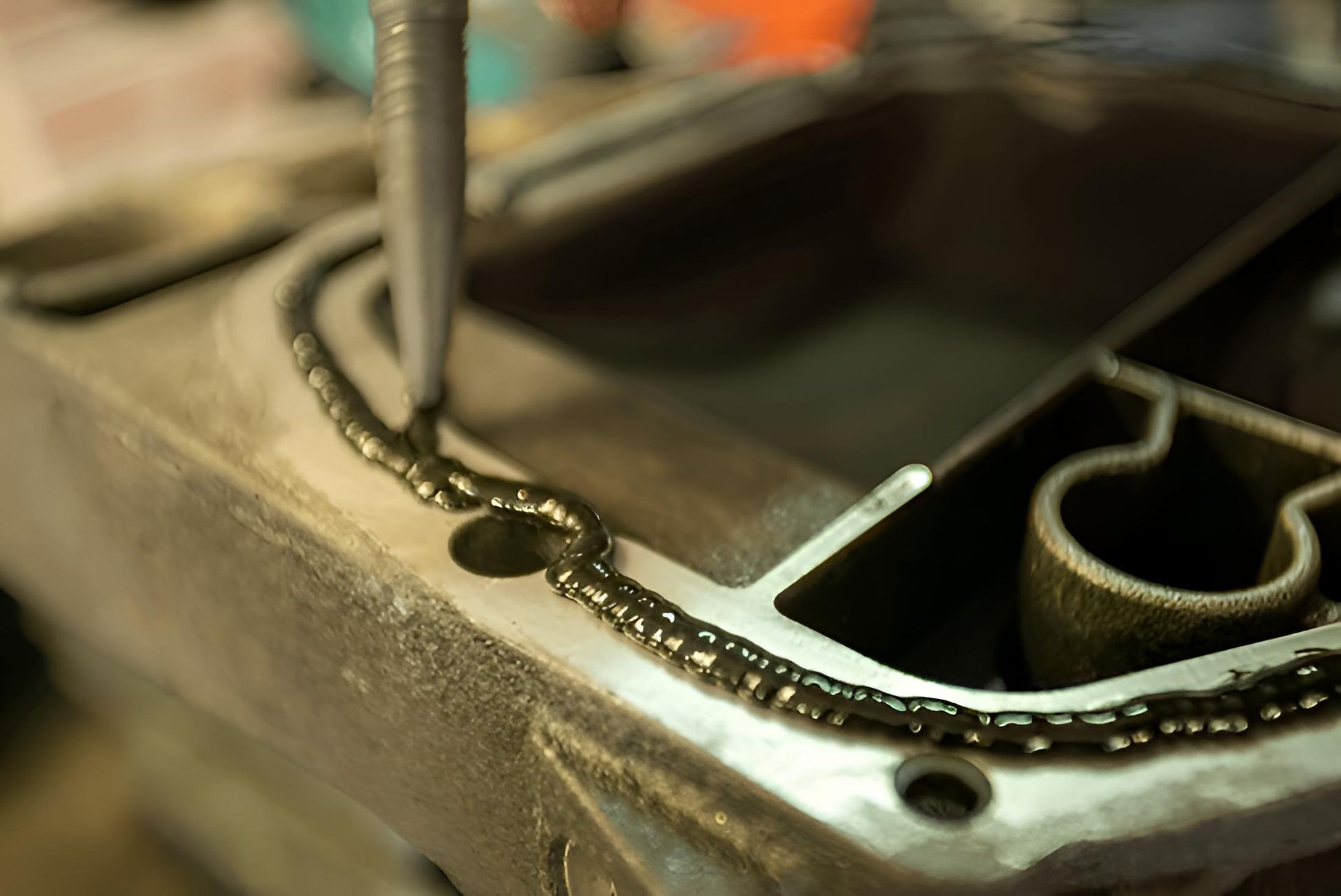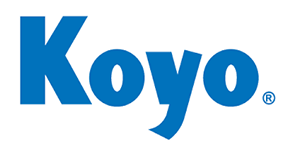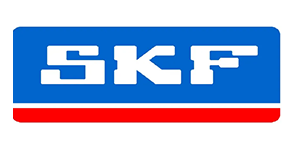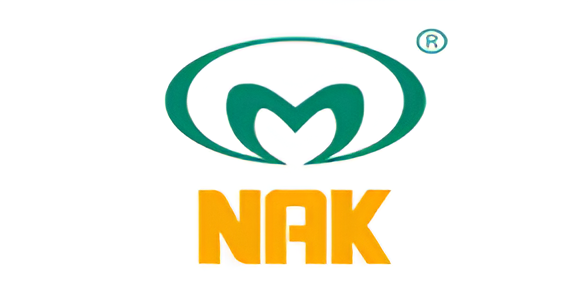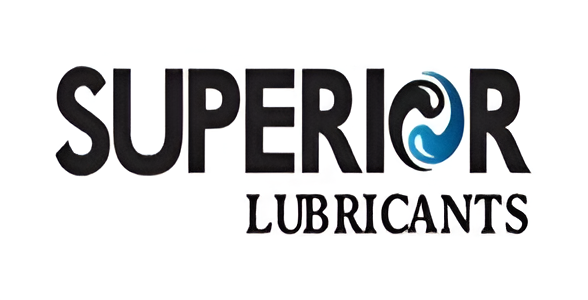Sealant in Forster
- Fast delivery across the Mid North Coast
- Stocked with trusted, quality brands
- Knowledgeable, hands-on customer support
Request a call back In Forster
Thank you for contacting Mid Coast Bearing Centre.
We will get back to you as soon as possible.
Oops, there was an error sending your message.
Please try again later.
Forster Sealant
Need a reliable sealant in Forster? Mid Coast Bearing Centre supplies trusted sealant products for a wide range of industrial, agricultural, and automotive applications. With decades of experience supporting local trades, farmers, and mechanics, we understand the importance of using the right sealant for the job.
Whether you're sealing engine components, mechanical housings, pipe threads, or construction joints, we stock professional-grade products that offer durability, strong adhesion, and long-lasting protection. We supply top-performing brands like Loctite, ThreeBond, and EMS Force, giving you access to proven formulations that meet demanding standards.
For customers in Forster, our knowledgeable team is always ready to help you match the right product to your equipment, materials, and conditions. Locals continue to choose us for our quick service, clear advice, and dependable product range.
Ready to order or want more info? Contact 02 6552 3699 to speak with our team about the right sealant for your application.
Sealants That Get the Job Done
If you're working with machinery, vehicles, or structural components in Forster, having the right sealant is essential for getting a lasting, secure finish. At Mid Coast Bearing Centre, we don’t just sell products—we help customers find tailored solutions.
Our team understands the difference between thread sealants, gasket makers, RTV silicone, and anaerobic bonding agents, and we’re here to explain which will work best for your job. Whether you’re sealing against fluid leaks, vibration, pressure, or harsh weather, our range covers a variety of materials and temperatures.
We also supply food-grade options, ideal for environments requiring strict compliance and cleanliness. Everything we offer is tested to meet tough industry demands, and we back it up with practical advice that saves time and reduces guesswork.
With fast local delivery and a service style that’s friendly and straightforward, customers in Forster know they’re in capable hands. We make it easy to choose and apply the best sealant for your project.
What are the most common types of sealant and their uses?
Sealants come in a variety of types, each suited to specific applications. Silicone sealants are commonly used in construction and automotive tasks where flexibility and water resistance are essential—think windshields, gaskets, and joints. Polyurethane sealants are tougher and better for structural bonding, especially on building materials like concrete or metal. Anaerobic sealants are great for thread sealing and mating metal surfaces, as they cure in the absence of air and resist vibration. RTV (Room Temperature Vulcanising) silicone is popular in engine sealing because it forms flexible gaskets that can withstand high heat. Food-grade sealants, often used in processing equipment, comply with hygiene standards and are safe for incidental food contact. Choosing the right sealant depends on the materials you're working with, the exposure conditions (temperature, pressure, moisture), and whether flexibility or rigidity is required after curing.
Can sealant be applied to surfaces that aren’t completely clean or dry?
For best results, sealant should always be applied to clean, dry, and contaminant-free surfaces. Dirt, oil, grease, moisture, or even leftover bits of old sealant can interfere with adhesion and curing. While some modern sealants claim to bond to damp or oily surfaces, performance is generally compromised unless the substrate is properly prepared. In critical applications—like engine components or structural joints—failing to prep the surface can lead to leaks, premature wear, or total seal failure. Always clean the area with a suitable solvent or degreaser, and allow it to dry thoroughly. Using a primer may also improve adhesion for certain substrates or low-energy surfaces like plastic.
How long does sealant take to cure, and can I speed it up?
Cure time for sealants varies depending on the type, temperature, humidity, and thickness of the application. For example, silicone sealants generally become touch-dry in 30 minutes to an hour but require 24 hours or more for full curing. Polyurethane sealants often take longer, sometimes 48 hours or more, depending on the product and conditions. Anaerobic sealants may begin curing in minutes once confined between metal surfaces, but need up to 24 hours for full strength. While higher humidity and warmer temperatures usually speed up the curing process, applying too much heat or altering environmental conditions artificially can affect performance. For time-critical applications, fast-curing formulas are available and offer full strength in as little as an hour, but always read the manufacturer's instructions for accurate guidance.
